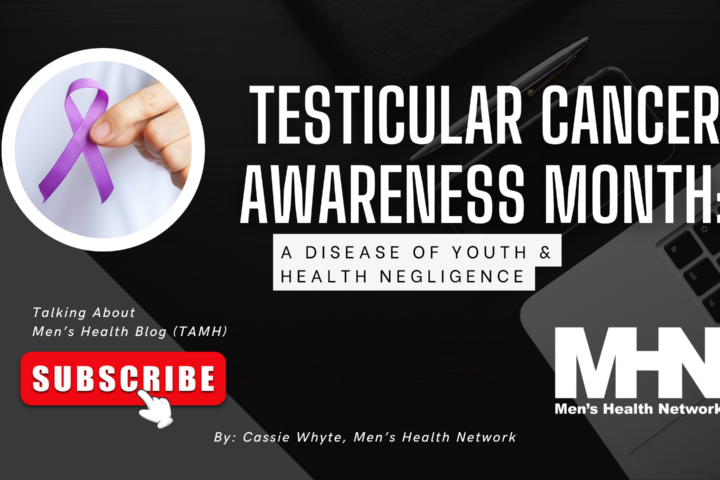“How we enter into love and behave in closeness and nearness. . . [our] habitual structure of relating, patterns of gesture and tone of voice, all bear the marks of mother . .”
-James Hillman, Jung’s Typology
Not knowing our own deep internal rhythms can be deadly to our relationships with others. How long did your mother stay with you before being called away or before she grew impatient with your neediness? How long could she be with you before she said something shaming that sent you hurling into outer space? How long could she stay before giving way to sickness? How long could she stay with her lover, your father, before disappearing? These rhythms are embedded in our muscles, tissues, bones, and memory.
Our rhythm of closeness–the “come here, go away” cha-cha-cha that we all dance with our lovers and spouses–was set by the family in which we were raised. In the same way, our movement towards and away from the mother, and her ability to move into and out of our personal and psychic space, have shaped our ability to allow someone close to us, or to keep that person at arm’s length.
For each man this distance is different.
If a mother constantly invades a boy’s personal space, he will grow up looking for lovers who want to be so close that they will sleep in his skin and call it love or attract women who will give him much more distance than he can comfortably handle.
If the mother is not there emotionally but uses the boy to fill her own emotional void, he’ll look for a woman who constantly needs him in the same way. If she leaves him emotionally and physically, he’ll be lost. He will appear like the genius Kaspar Hauser in Werner Herzog’s film Every Man for Himself and God Against All. This film, which tells the true story of an unembraced, unwanted, illegitimate child of a European aristocrat, shows how the lack of mothering (and fathering) can affect us. Kaspar lives for two decades in a dark basement without nurturance or love. The only person he knows is a caretaker who brings him food and water. Finally this caretaker, stricken with guilt, takes him out of his black hole of an existence and leaves him in a nearby town. A simple young peasant couple adopts this “adult child” and begins teaching him the basics-how to walk, talk, and eat with a fork. But they can’t teach him the most important lesson: how to feel. At one point early in the film, Kaspar approaches the young couple’s infant lying serenely asleep in its crib. The viewer wonders whether Kaspar will harm the child because he is unfamiliar with a child’s fragility. Just then the mother enters the room. She stops and looks lovingly at Kaspar as he holds the infant with rigid, outstretched arms. Tears roll down his pale cheeks and he utters the words, “Mother, I feel so far away from everything.”
While we are in the womb, our mothers establish the primal rhythm of intimacy; in our infancy she determines the outward rhythms that will guide our dance through life. How long can a man be with his lover before he feels swallowed up, his energy drained out of him as if someone had pulled the plug on his soul? How long before he runs towards work to escape his inability to be close? It took years before I finally realized that my father ran to his garage and garden because his own rhythms of closeness were very short. He could only be as close to his wife and children as he was able
to be close to his mother in childhood. And my siblings and I remember our grandmother as cold and distant, never touching and seldom communicative: like mother, like son. And often I catch myself running toward work as my escape, just as my father did. Sometimes when I lecture, for example, I run to an unknown but safe audience instead of a person who can nurture and love me.
A couple of years ago I was in Clearwater, Florida, at a conference for Adult Children of Alcoholics. My mother, who lived only a few miles away, decided to attend the conference. A friend drove us all to the site. I had been on the road for several weeks in a row, lecturing and doing workshops. I was as near to exhaustion as I can remember being. I was talking about how tired I felt when all of a sudden my mother started massaging my shoulders. I wept gentle tears because I realized I had no memory of my mother ever comforting me this way before. Here I was, at the time thirty-eight years old, unable to remember a time in my childhood when I did anything but rub her shoulders and soothe her brow. I kept hearing her words: “Come give me a neck rub. Bring me a wet rag to put on my head.” The unspoken message was: “Dance for me, my darling. Mamma needs you to be her little man.”
This kind of love is what Dr. Patricia Love calls “emotional incest” because a child is not emotionally equipped to support an adult’s emotional and psychological needs. This may contribute to or cause a man to look at a woman and see her body but not her soul. If he is driven from the breast at too early an age but it is later called on to soothe his mother’s body, then women become mere bodies. If women-mothers and mates-carry the man’s feminine soul, he will be unable to live in his own body and will seldom feel like he owns his soul. So the adult son stores in his body his feelings of resentment. He tries to snatch the woman’s soul in myriad ways, tries to cram it into his own body to complete himself. All the while somehow he knows it’s not her soul he wants, but his own that he has lost in an unspoken agreement with his mother.
The other night I had a dream: a dark-skinned young beauty propositioned me. For twenty-five dollars, she said, she would do anything I wanted. I could see the young woman was suffering terribly from some unspoken wound. I refused her proposition, and offered instead to listen to her tell me what was troubling her. She looked surprised but began to speak. As she did, I began massaging the soles of her feet. An older man and woman appeared in a truck and I got scared, afraid they’d mistake my intentions and hurt me or her. But they were just concerned about her well-being, as I was, and
when satisfied she was in “good hands,” they left. I awoke and realized one of the things the woman I was with at the time loves the most is a foot massage. Still, one of the hardest things for me to do is give her one that lasts for any length of time without feeling like I’m slipping away and dissolving into the past where I did everything for my mother. I also realized the woman in my dream, whose sole/soul was in my hands was really me, my soul, my feet, tired of walking in search of something that has been inside me all along.



